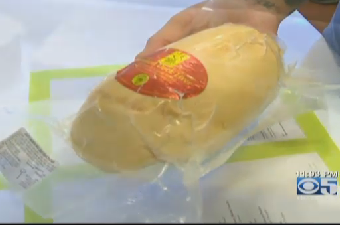Chase Ordered To Pay $100M To Credit Card Customers For Boosting Minimum Payments
JPMorgan Chase hit up its customers for some additional cash back in 2008 and 2009 when it raised minimum monthly payments on many of its credit cards from 2% to 5%, and now it seems the tables have turned. As part of a class-action settlement over litigation brought by customers, the bank has agreed to pay $100 million to its cardholders for improperly boosting payments in order to generate higher fees.
Cardholders claimed that JPMorgan had dangled the carrot of transferring account balances from other cards to Chase accounts, with “fixed” interest rates on the consolidated debt, reports Reuters.
But customers claimed in the lawsuit that by increasing those minimum payments, JPMorgan Chase forced them to either accept higher rates in order to not pay as much of a minimum per month, or end up making more late payments which would trigger more fees, incur a 29.99% penalty interest rate or close their accounts.
Lawyers for the cardholders made a filing with the federal court in San Francisco today, wherein they said the $100 million is 45% of the $220 million that clients paid in upfront fees for promotional loans.
JPMorgan had said that the changes in loan terms was a sensible means to means to reduce risk amid uncertain economic conditions.
The settlement still requires approval by a U.S. District judge, with a preliminary hearing scheduled for Aug. 3.
Previously in big scores for credit card holders: Capital One To Refund $140 Million To Customers Misled Into Buying Unwanted Add-Ons
JPMorgan in $100 million credit card settlement [Reuters]
Want more consumer news? Visit our parent organization, Consumer Reports, for the latest on scams, recalls, and other consumer issues.


